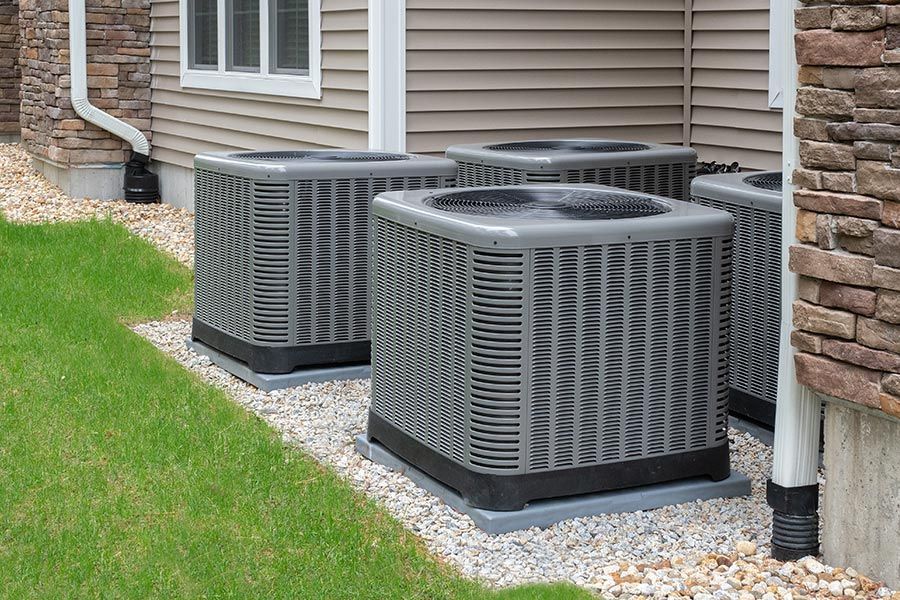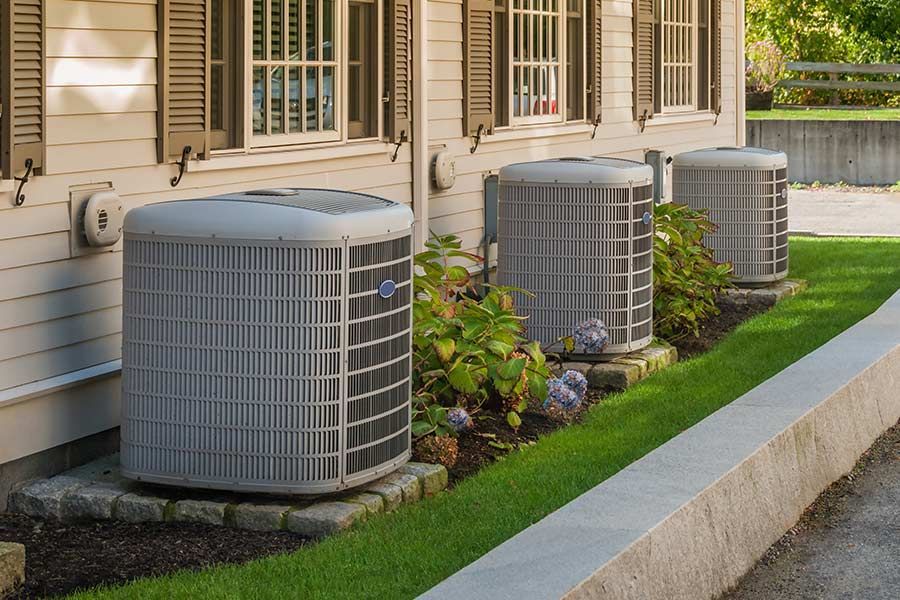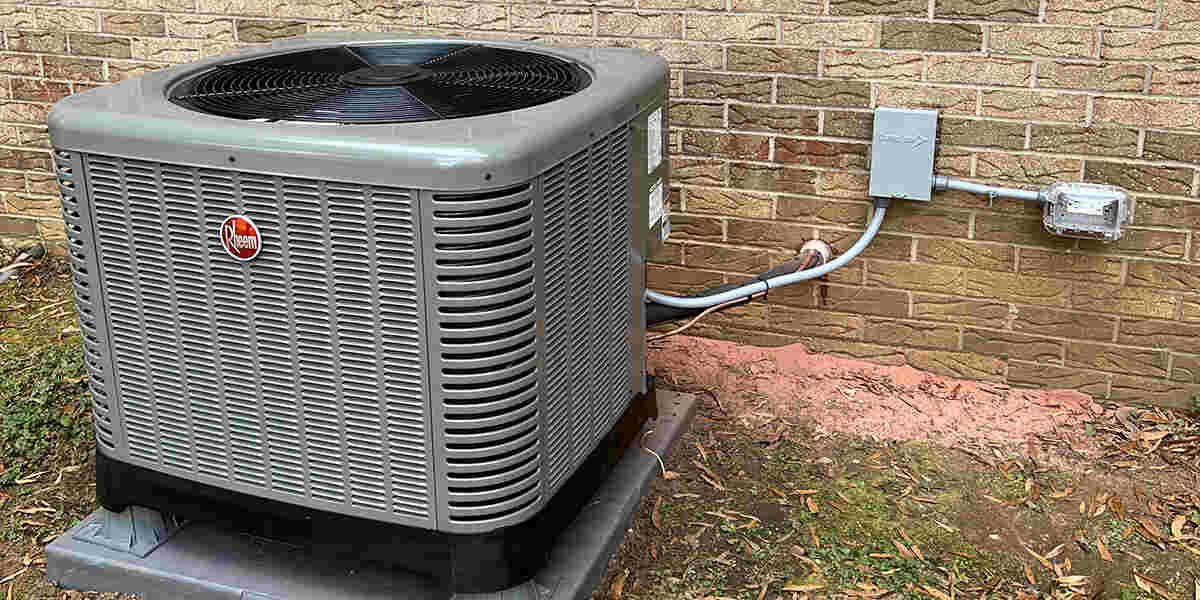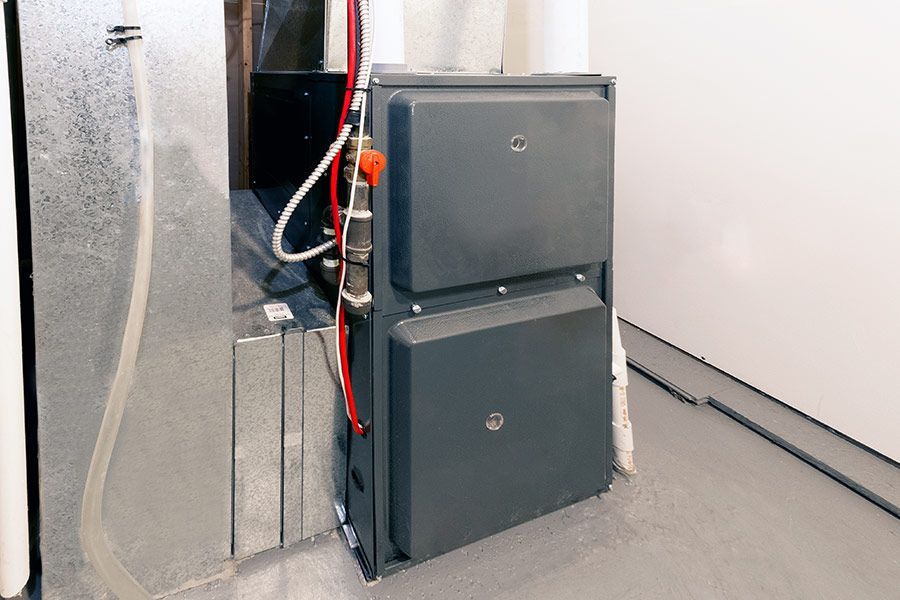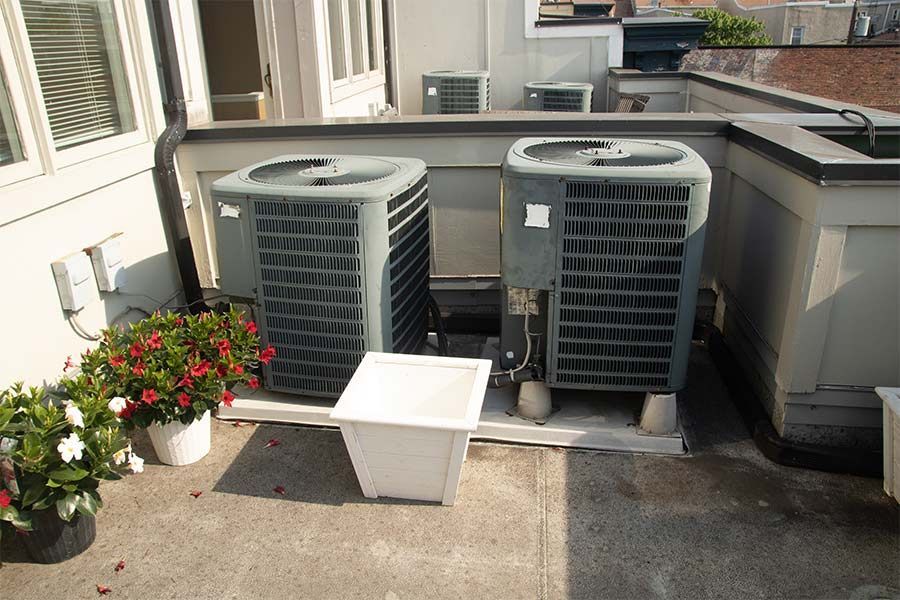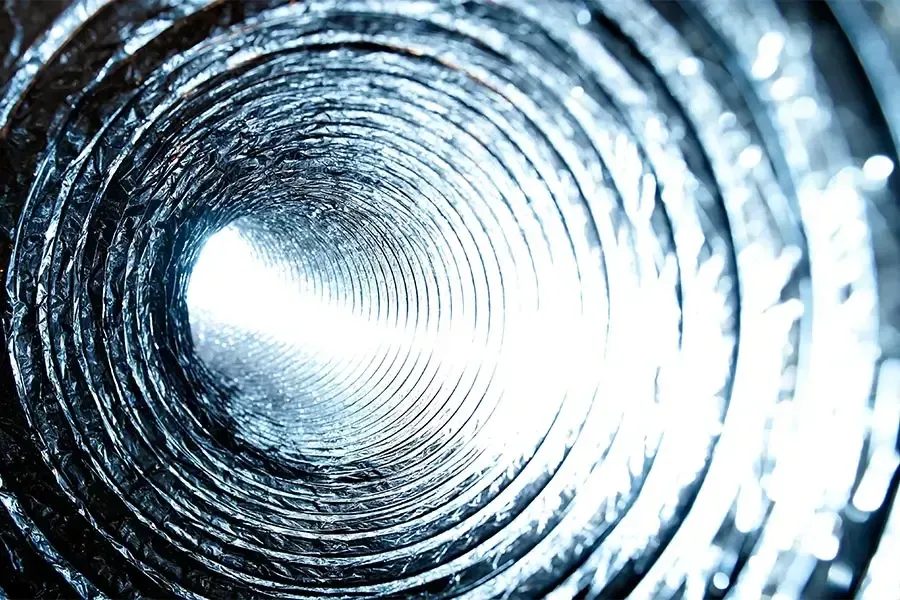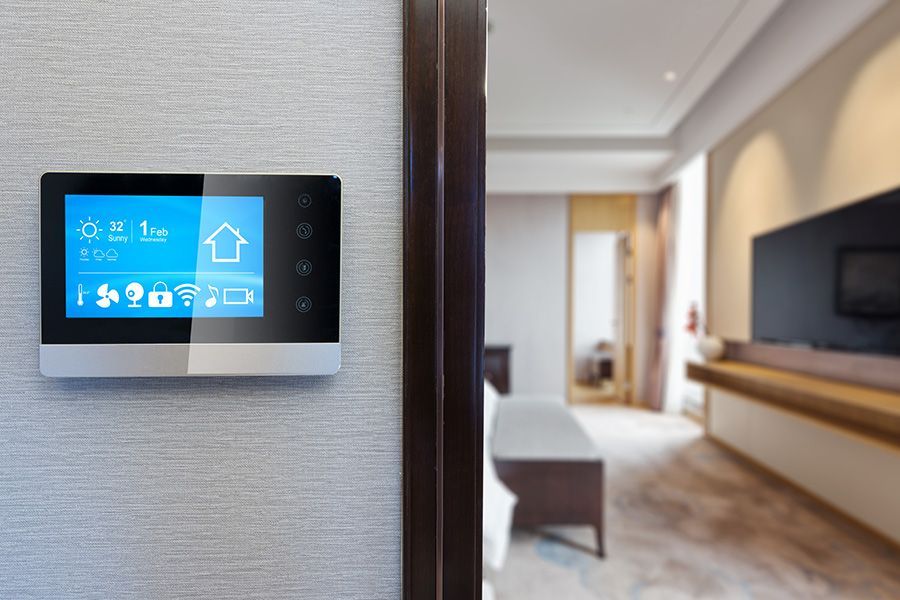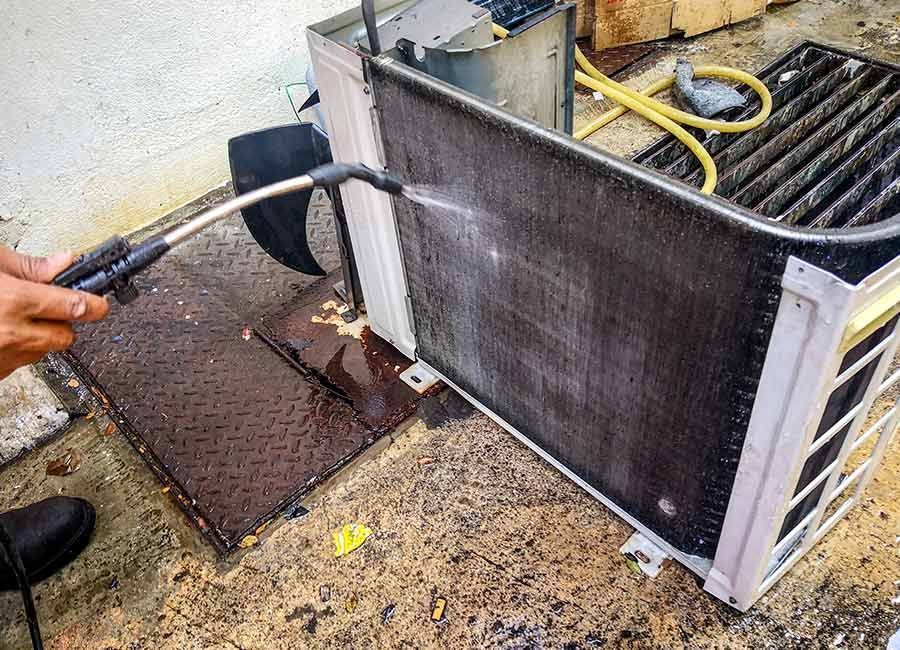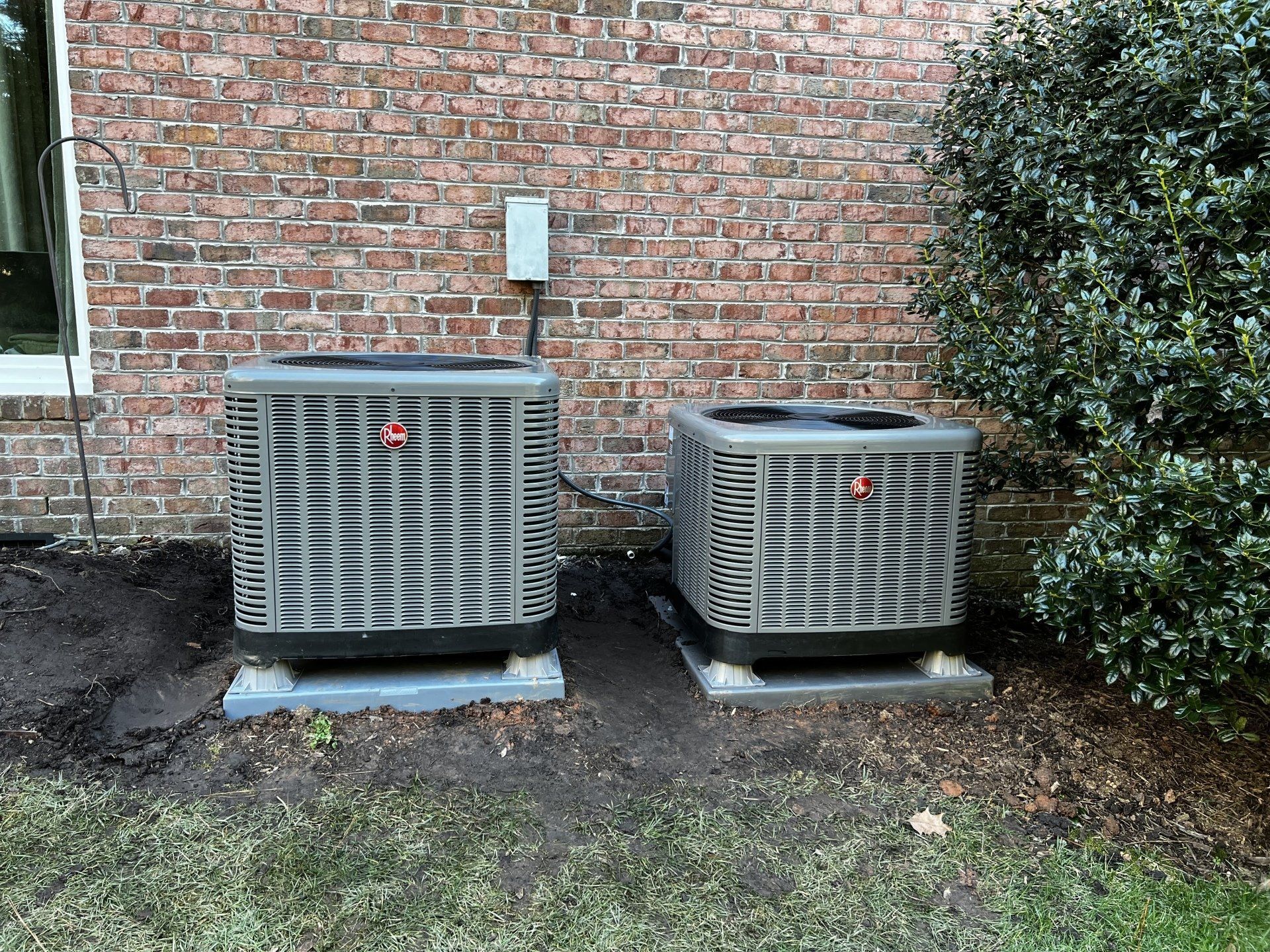How To Size a Heat Pump: A Complete Guide
Have you ever wondered if there's a more eco-friendly way than an electric furnace or a gas boiler to ensure your home stays comfortable throughout the year? The secret lies in choosing the right HVAC system size, specifically, knowing how to size a heat pump.
In this guide, Hickory Heating and Cooling LLC will explain how to size a heat pump. If you're looking for professional guidance, consider reaching out to heat pump installers near me.
The Basics of Heat Pump Sizing
Understanding how to size a heat pump is crucial for energy efficiency and optimal performance. The first step is to calculate your home's heating and cooling load. This involves considering the size of your home, insulation levels, window types, and more.
A correctly sized heat pump will not only save you money but also ensure a comfortable living environment. A heat pump that is too small won't be able to warm your home, but a heat pump that is too large comes with issues too. Proper sizing also reduces the wear and tear on the unit, extending its lifespan. Moreover, it can prevent issues like short cycling, where the heat pump turns on and off frequently, leading to increased energy consumption.
Factors That Determine Heat Pump Capacity
Heat pump capacity is determined by several factors. One of the primary considerations is the climate of your location. For instance, homes in colder regions will require a heat pump with a higher capacity than those in milder climates. Additionally, the design and insulation of your home play a significant role in determining the necessary capacity.
When sizing a heat pump for your home, consider these factors:
- Home Orientation: The direction your home faces can influence the amount of sunlight it receives, impacting its heating needs.
- Number of Occupants: More people in the house can generate more heat, affecting the cooling load.
- Ceiling Height: Higher ceilings mean a larger volume of space to heat or cool, influencing the size of the heat pump you need.
- Ventilation System: Efficient ventilation reduces the load on your heat pump, ensuring it doesn't work harder than necessary.
- Local Climate: The average temperatures, humidity levels, and seasonal changes in your area play a significant role in determining the right heat pump size.
Importance of Energy Efficiency
Energy efficiency is not just about saving on utility bills; it's also about reducing your carbon footprint. A correctly sized heat pump operates more efficiently, consuming less power and providing optimal heating and cooling. Remember, an oversized or undersized unit can lead to increased energy consumption and wear and tear.
While heat pumps are efficient, there are times when you might need additional heating sources, especially in extremely cold climates. Furnaces and boilers can act as supplementary heating sources. To understand their role and how they can complement your heat pump, check out this comprehensive guide on furnaces and boilers.
Climate Considerations in Sizing a Heat Pump
Homes in colder climates need a larger heat pump that can handle the intense cold, while homes in warmer areas may require a smaller, less powerful unit. It's essential to factor in the following information about your home and the weather where you live when learning how to size a heat pump:
- Average Temperatures: The yearly average temperature of your location determines the heating or cooling capacity required.
- Seasonal Extremes: Areas with harsh winters or scorching summers will need heat pumps that can handle these extremes.
- Humidity Levels: High humidity can affect the efficiency of a heat pump. In humid areas, a unit with a dehumidification feature might be beneficial.
- Altitude: At higher altitudes, the air is thinner, which can impact the performance of a heat pump. Ensure your unit is suitable for your region's elevation.
- Local Weather: Frequent storms, heavy snowfall, or consistent sunny days can influence the type of heat pump that's best for your home.
Considering these factors ensures that you select a heat pump that operates efficiently and effectively and is tailored to your specific geographical needs.
Trust Hickory Heating and Cooling LLC for Your Heat Pump Installation Needs
Understanding how to size a heat pump ensures your home remains comfortable throughout the year. At Hickory Heating and Cooling LLC, we prioritize your comfort and energy efficiency. If you're wondering if a heat pump in winter can handle your heating needs, we're here to help.
Our team of experts is dedicated to providing top-notch services tailored to your needs, including helping you select the right size heat pump. For all your heat pump questions, reach out to Hickory Heating and Cooling LLC at
828-827-5224.


